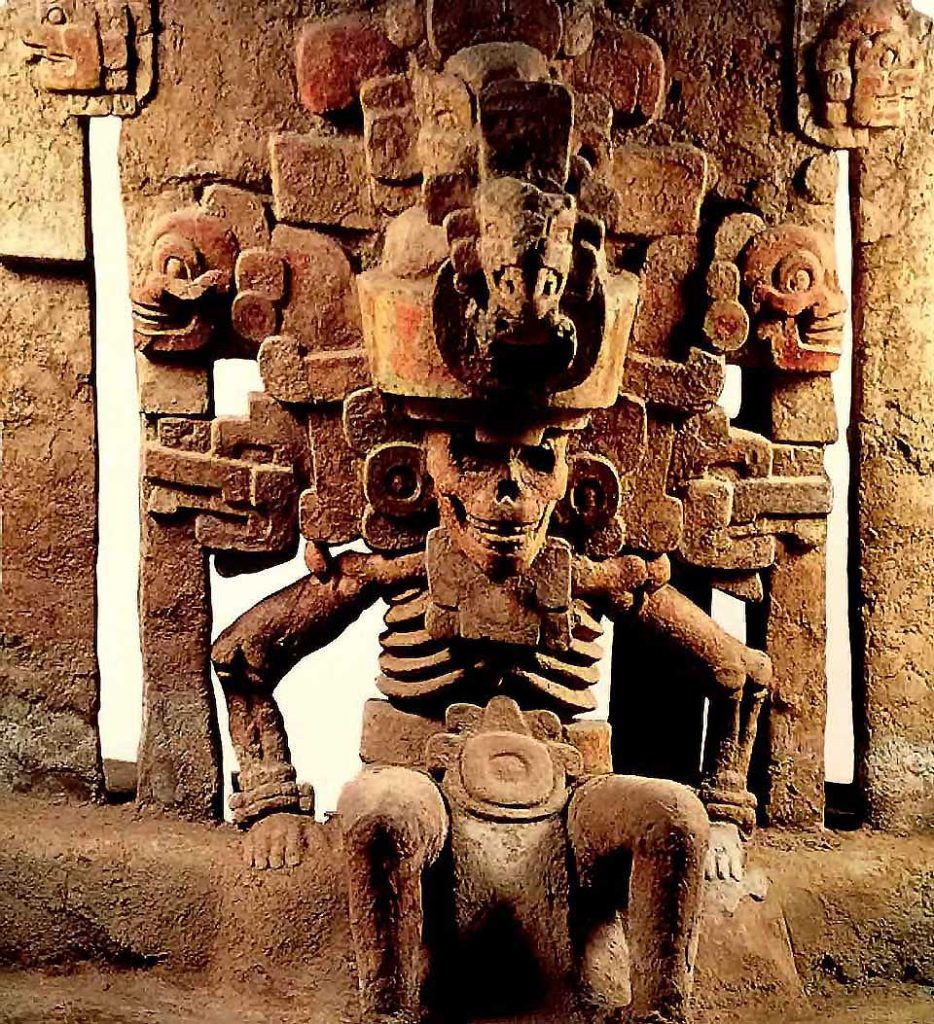
Where is the way to go down to the realm of the dead, where are those who no longer have a body? Is there still a life there in that region in which it exists somehow? Do our hearts still have conscience? In a chest and a box, the Giver of Life hides men and wraps them in clothes. Is it that I will see them there? Should I fix my eyes on the faces of my mother and father? Will they still come to give me their song and their word? I look for them: nothing is there they left us orphans on earth!
Mexican Songs
The explanation of the beginning and the end of life is a constant search in all societies throughout history. In the Mesoamerican area, where important civilizations developed before the Spanish conquest, the vision of human life was organically linked to nature and the cosmos. The people of that time, from about a thousand years before our era, thought that death was something incomprehensible. They understood that there were superior forces of nature that determine the cycle of life and they were highly respected.
By needing to eat, people were forced to kill other beings, by eating they incorporated death into their organisms, so their life that depended on death resulted in death, therefore, superior beings who did not eat were eternal and they were gods. For the ancient Mexicans, death meant a dispersal of the components of the human body, whose complexity was formed by the corporal matter and other light elements or soul entities (souls) that traveled towards the gods of the sky and the component of the blood to the that was attributed vital energy was going to feed the gods of the earth.
The psychic entities such as the teyolía, which lies in the heart of the person, when dying would go to live in the world of the dead. It was believed that some people received a divine force in their hearts and were destined to be great artists and were called those of the “godly heart.”
Another soul entity was the tonalli, which is housed in the head and marked the destiny of the person on the day of his birth and was a force that came from the sun. Babies were introduced at birth and thus were linked to the cosmos. The tonalli conditioned his personality, behavior, and luck. When he died, the body was cremated, but his hair was cut to keep it together with his ashes in a box since it was believed that these objects contained the tonalli that remained in the earthly world.
The other entity was called the ihíyotl, which was found in the liver and upon death, this soul entity was left wandering through the terrestrial world, as an evil soul or as a ghost, since it had been the origin of good or bad human passions. It was credited with being the cause of many illnesses if a person came across someone’s ihíyotl somewhere.
The three soul entities had to operate harmoniously in people if they were physically and mentally healthy and proceeded with moral rectitude. Various testimonies affirm that people who died a common death, their teyolía went to Mictlán. The warriors or those who died in combat, the sacrificed or the women who died in the first childbirth, went to the Sky of the Sun. Those who died due to some cause related to water, such as drowning, went to the Tlalocan. Babies who died before the first year went to Chichihualcuauhco, which was represented in the paintings of the codices, as a great tree from which breasts hung instead of fruits from which infants drank eternally. In those eternal places, the souls continued a work of reactivation of the vital energy, they never rested nor in eternity.
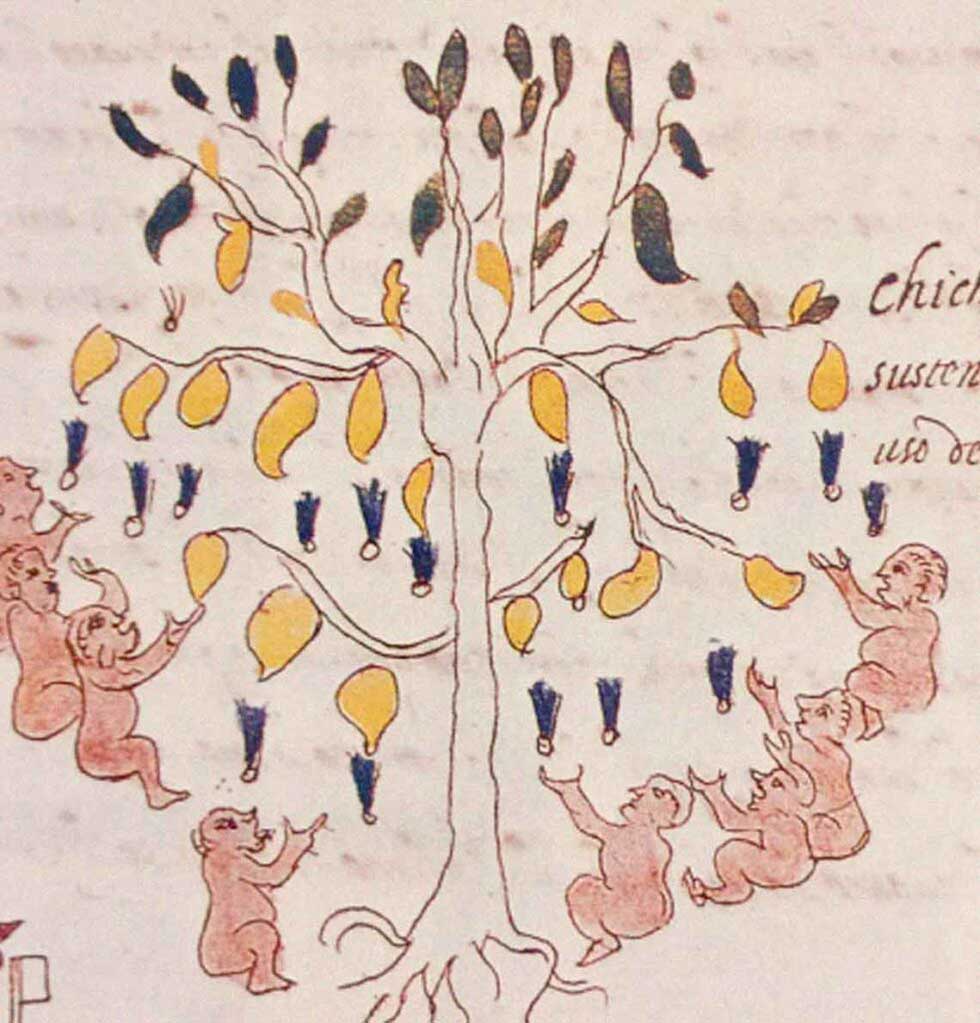
When a person died, his teyolía was separated from the body four days after his death, so that the relatives did not leave during that time. Meanwhile, funerals were carried out according to the hierarchy of the deceased or deceased. If it was a tlatoani, ruler, or high dignitary, a special tomb was built in a temple, where the body was prepared with offerings and special costumes such as masks, pectorals with precious jewels, infinite offerings, the corpse were filled with the mouth with corn, so that he would have food on his trip to the other world and his servants or slaves were sacrificed to accompany him. Important tombs of these characteristics are known in Oaxaca, Chiapas, Yucatán, Campeche, Quintana Roo and in central Mexico.
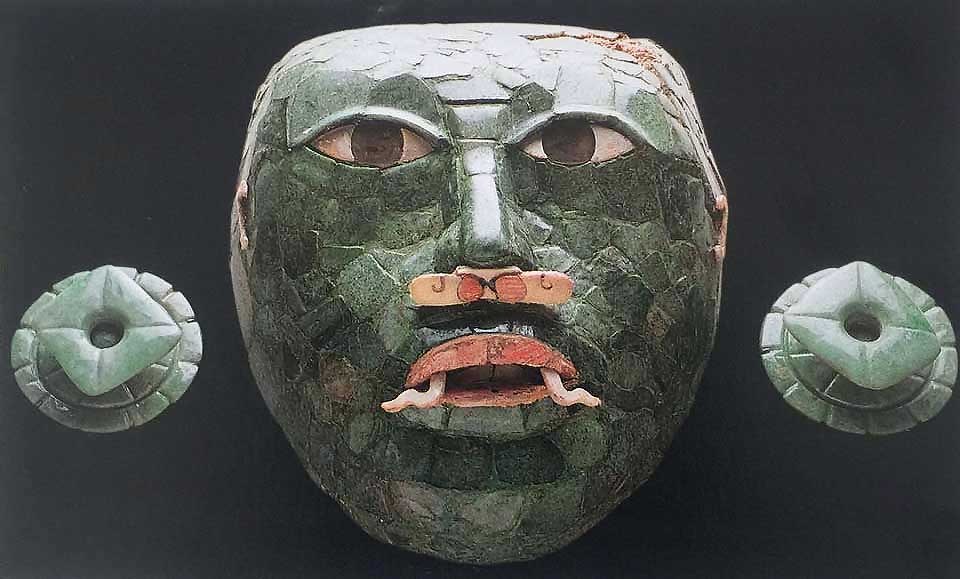
When a warrior died in battle, his remains were recovered to be cremated and in case of not recovering someone’s corpse, the family made a small wooden doll that represented his dead, to be cremated on the ritual pyre and thus help him to reach your divine destination. The relatives carried out a mourning process in which the women cried or wailed expressively for 80 days and their tears were mixed with the ashes of the deceased to place these remains near the home of the deceased.
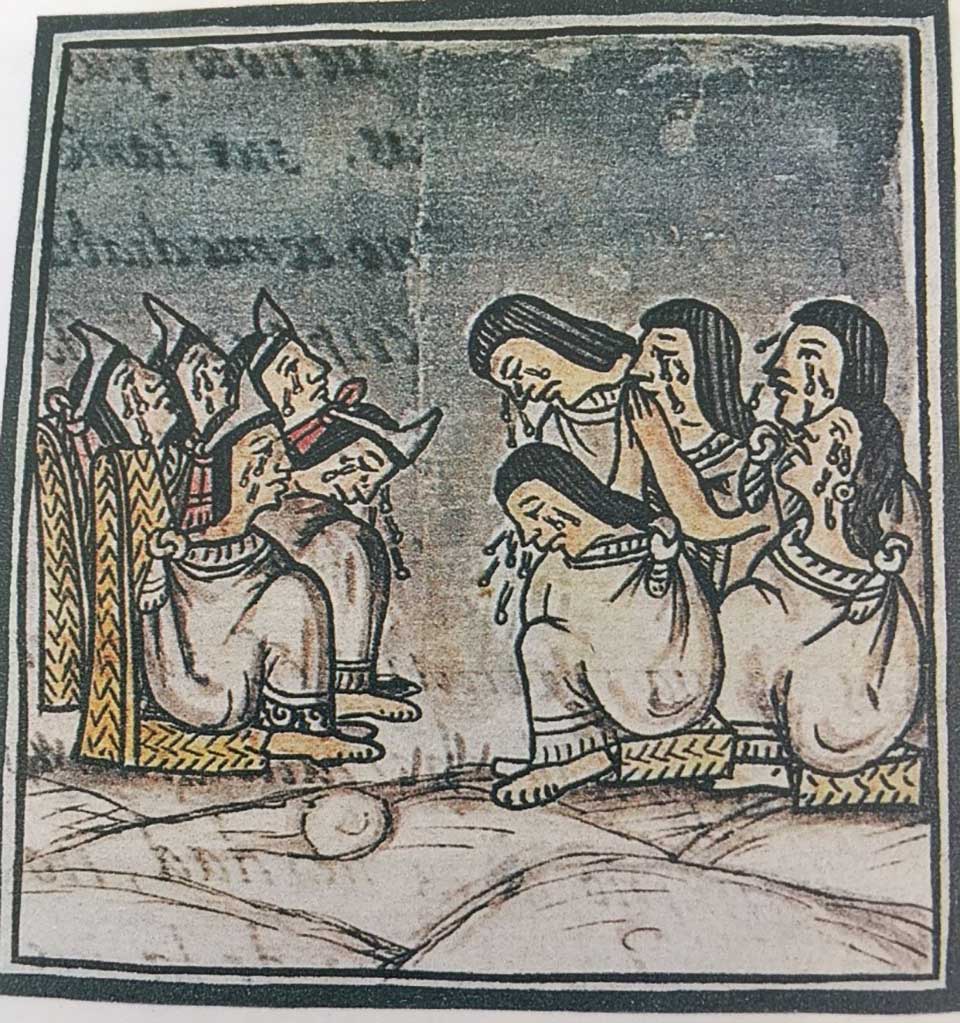
Women who died in the first childbirth were sacred, some fragments of their bodies were kept as relics because they were considered carriers of powerful energy that served the warriors in battles, then their bodies were cremated and it was said that their teyolía traveled to the Sky of the Sun and they became goddesses, there are sculptures that represent this transition of women into goddesses called Cihuateteo.
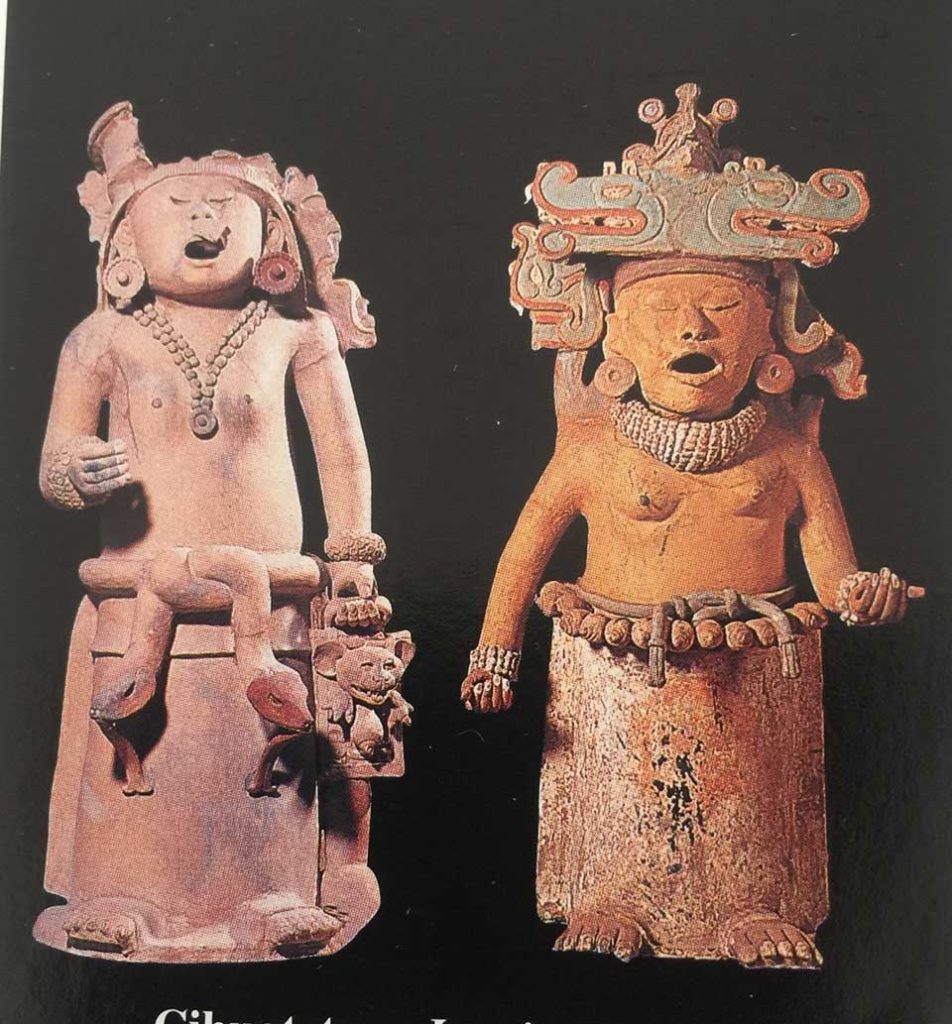
One of the most controversial customs, which caused great surprise to the conquerors, was the practice of human sacrifices. For ancient Mexicans, these practices were an extraordinary way of using ritual death to sustain life and prolong it after death. They understood that the cosmos, the passing of time and life cycles had to be renewed every 52 years and were controlled by divine forces that required the ritual food found in the soul entities of the human body and according to Dr. Miguel León Portilla; this offering redeems humans from their cosmic destruction. Every day people made small personal sacrifices, incisions were made in the arms, genitals, or ears, that blood was offered to the gods of the forces of nature. It is known that slaves or prisoners of war were apprehended whose hearts satisfied the gods and until today time has not been interrupted, the dawn sun rises powerful and full of energy, as they said, thanks to these rituals.
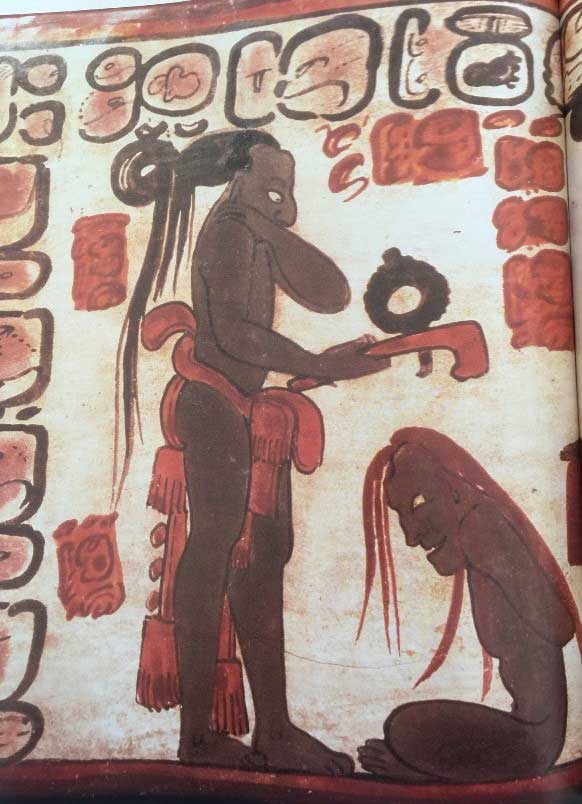
The ancient Mexicans had the vital need to know death and understood that it was not something definitive, thanks to the deep observation of their own nature and of those around them. It is necessary to know history to understand who we are and define our identity, whatever our origin; That is why we bring this interesting topic that allows us to understand that everything is cyclical and that these times, however dire they may be, will not be eternal, each dark night follows a bright day and we also want to imagine that all the deceased from Covid-19 many who have been loved ones, they will be in the Heaven of the Sun, having died in a heroic battle against the disease. We remind you that at Del Pueblo Funeral Home, we make the most difficult moments easy.
